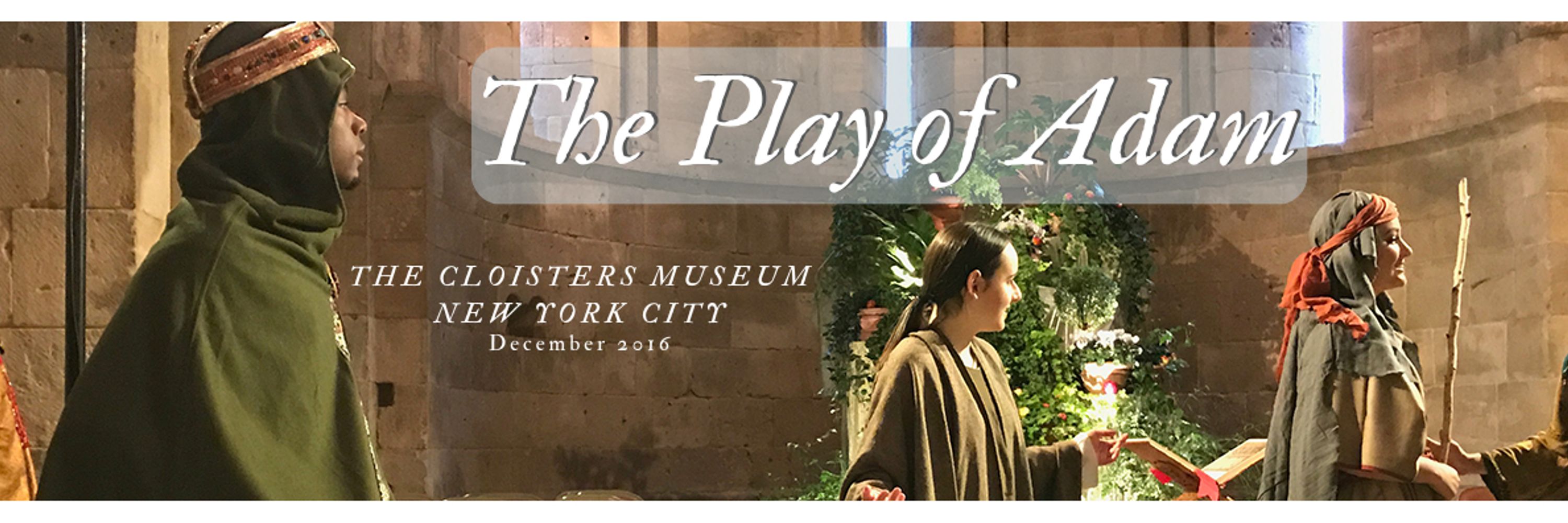
Ensemble Member at Stage Left Theatre (Chicago) • Featured Expert on Mysteries of the Abandoned: Hidden America (Discovery Channel) • Editor of ROMARD Journal • Reviewer for ChicagoOnStage.com
Make note of that Americans. Our embrace of MAGA may span 12 or more years. But it’ll DOMINATE our history for decades to come.
Make note of that Americans. Our embrace of MAGA may span 12 or more years. But it’ll DOMINATE our history for decades to come.
1. You MUST be the loudest cheerleader for your work. It feels cringey & awkward, but spotlighting your scholarly efforts starts with YOU! After all, you know best how to explain the targets of your work.
1. You MUST be the loudest cheerleader for your work. It feels cringey & awkward, but spotlighting your scholarly efforts starts with YOU! After all, you know best how to explain the targets of your work.
Featuring an unholy Annie/MacB mashup from @stratfest.bsky.social, Brad Lander sonnets from @drewsof.bsky.social & Lithub, and the history of theater + beer from @kyleathomas.bsky.social.

Featuring an unholy Annie/MacB mashup from @stratfest.bsky.social, Brad Lander sonnets from @drewsof.bsky.social & Lithub, and the history of theater + beer from @kyleathomas.bsky.social.
Essay: howlround.com/how-stage-le...
@howlround.bsky.social

Essay: howlround.com/how-stage-le...
@howlround.bsky.social
To Beer or Not To Beer is out! Check out where and when beer/brewing shows up on stage.
If you like #drunkhistory, you’ll love this silliness!
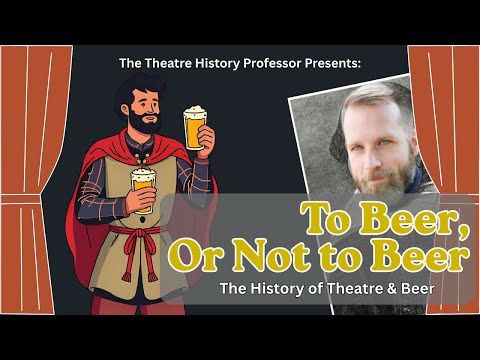
To Beer or Not To Beer is out! Check out where and when beer/brewing shows up on stage.
If you like #drunkhistory, you’ll love this silliness!
Listen to me talk about the plays and our approach to performing medieval drama.
Hear about upcoming performances of Medieval Mystery Plays in today's new podcast episode with @kyleathomas.bsky.social
#theatre #theatrehistory #podcast #medieval #mysteryplays #cycleplays
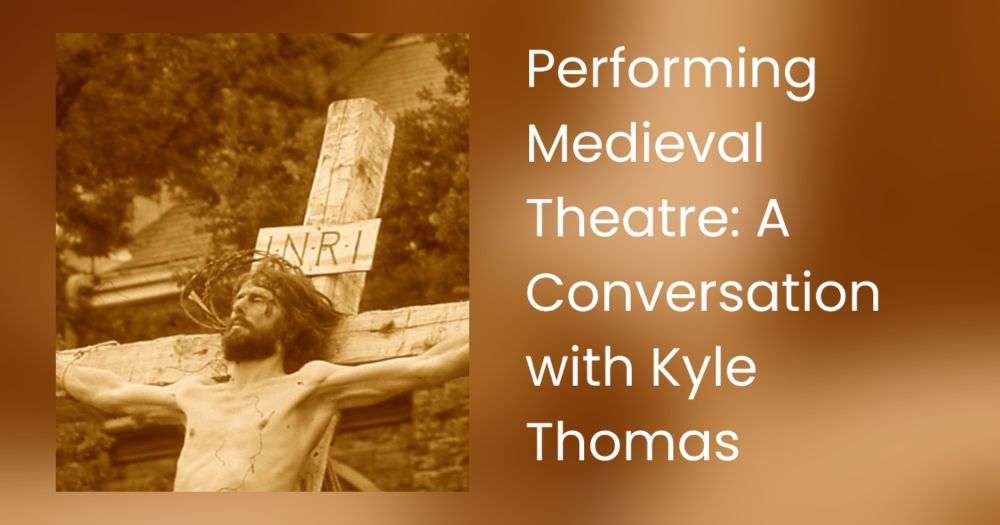
Listen to me talk about the plays and our approach to performing medieval drama.
Many thanks to @thoetp.bsky.social for having me on
On today's guest episode I'm joined by @kyleathomas.bsky.social to discuss the origins of medieval period drama as the Roman empire fell through to how religion and education influenced the development of theatre
#theatre #theatrehistory #medieval #podcast

Many thanks to @thoetp.bsky.social for having me on
Ep 30: In my first podcast interview Dr Elodie Paillard kindly agreed to discuss the development of Roman theatre and the extent to which it developed out of Greek theatre. Still out there on the podcast feed. #theatre #theatrehistory #greektheatre #podcast
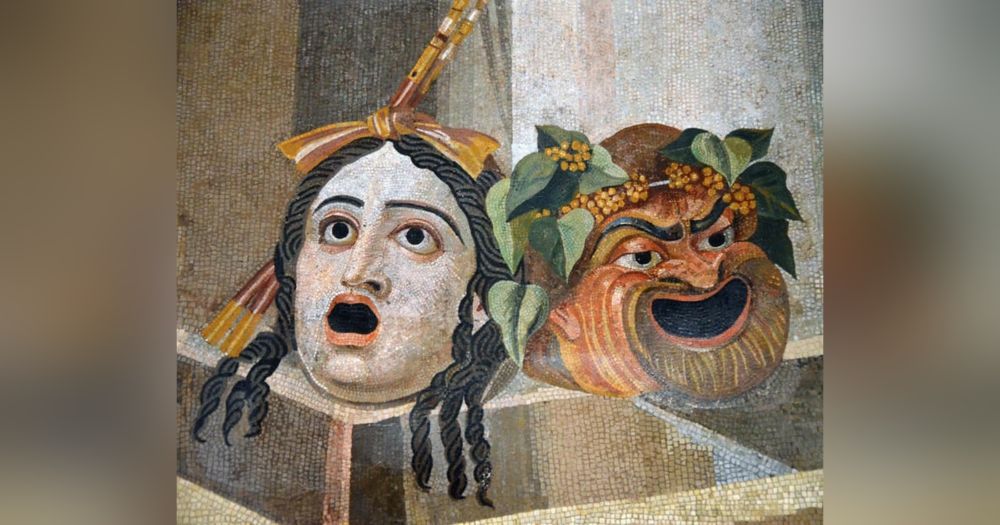
Ep 30: In my first podcast interview Dr Elodie Paillard kindly agreed to discuss the development of Roman theatre and the extent to which it developed out of Greek theatre. Still out there on the podcast feed. #theatre #theatrehistory #greektheatre #podcast
Well, here’s the follow-up video w/ pics, videos, & the lead archaeologist himself, Dr. Ynoñán, talking about performance rituals in the Americas!
youtu.be/GanjFWqnsJQ
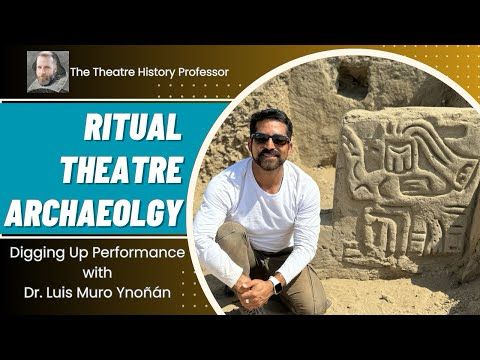
Well, here’s the follow-up video w/ pics, videos, & the lead archaeologist himself, Dr. Ynoñán, talking about performance rituals in the Americas!
youtu.be/GanjFWqnsJQ
www.thetimes.com/uk/science/a...
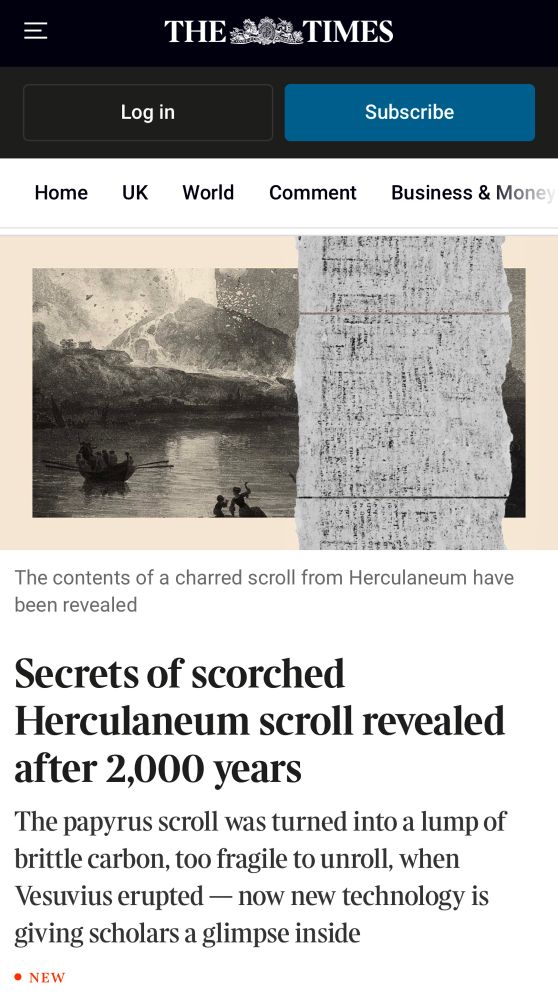
www.thetimes.com/uk/science/a...
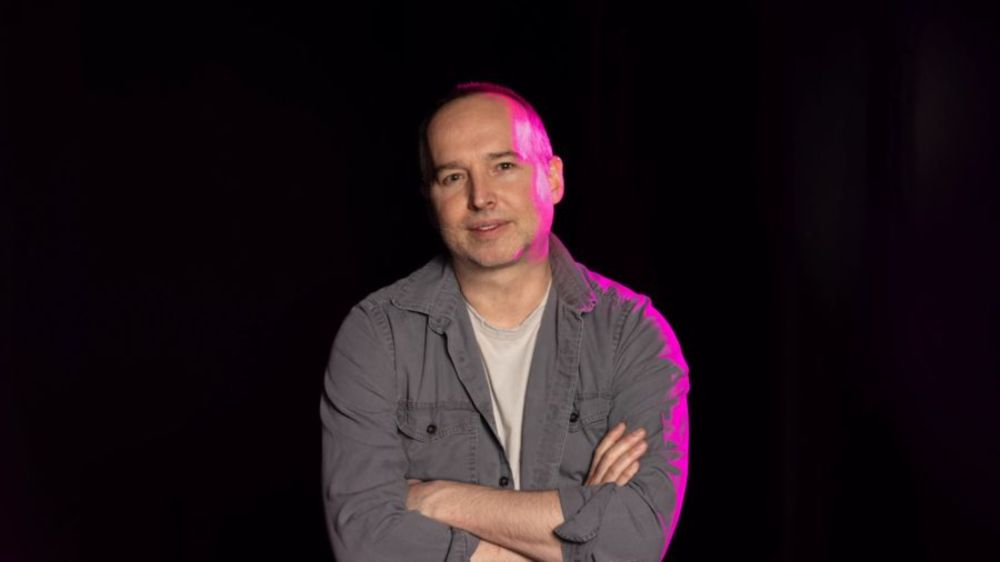
Why must the body be gendered in the performance of Papal obligations?
BL Royal 16 G V; Giovanni Boccaccio, De claris mulieribus in an anonymous French transl; c.1440; France, N. (Rouen); f.120r @realmandeville.bsky.social

Why must the body be gendered in the performance of Papal obligations?

Anyone here know of any ancient sites (earlier than 500 BCE) that clearly have spaces reserved for public performance?
Thanks in advance!
Anyone here know of any ancient sites (earlier than 500 BCE) that clearly have spaces reserved for public performance?
Thanks in advance!
Justice.
Justice.
If you don’t regularly do a Nazi salute, or if you’ve conditioned yourself to avoid doing it in normal circumstances, you wouldn’t do one while speaking to a crowd of people.
Just saying…
If you don’t regularly do a Nazi salute, or if you’ve conditioned yourself to avoid doing it in normal circumstances, you wouldn’t do one while speaking to a crowd of people.
Just saying…
I’m honored to be one of the directors associated with this production.
Come be part of a nearly 700 year-old theatre tradition!
#medievalsky #theatresky
plsplayers.com/2025/01/14/t...
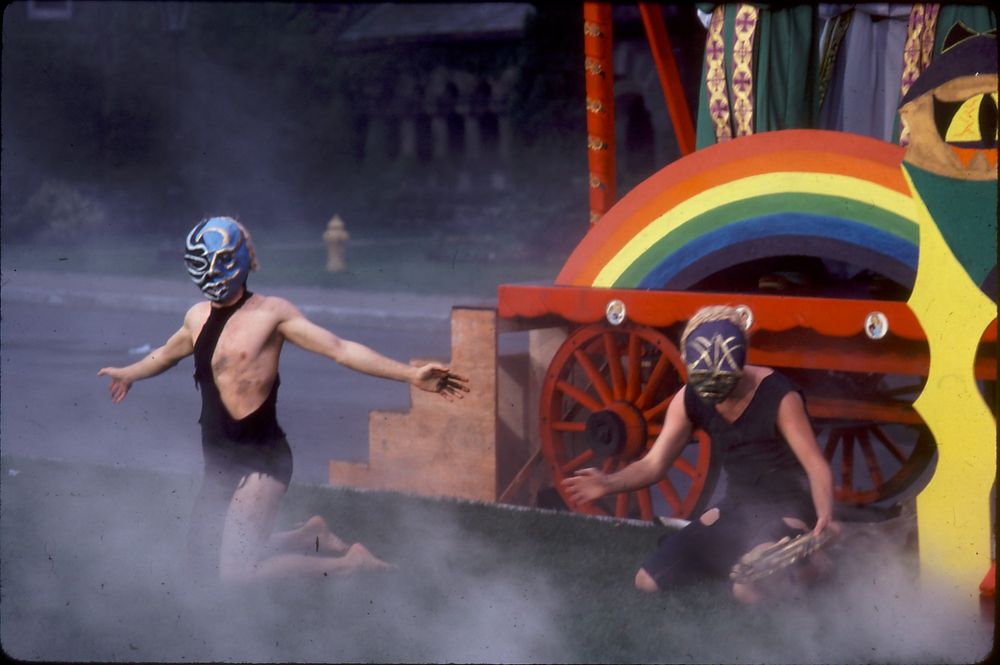
I’m honored to be one of the directors associated with this production.
Come be part of a nearly 700 year-old theatre tradition!
#medievalsky #theatresky
plsplayers.com/2025/01/14/t...
My review of the Chicago stop for the National Tour of the musical, Shucked, is out!
www.chicagoonstage.com/the-musical-...
My review of the Chicago stop for the National Tour of the musical, Shucked, is out!
www.chicagoonstage.com/the-musical-...
Maybe we should be mounting more productions of Čapek’s play! 🤔


Maybe we should be mounting more productions of Čapek’s play! 🤔
1 publicly-visible white space where segregationists and racists were happy to see black people was in blackface minstrelsy. Black performers participated in - white framing to escape economic oppression. Segregationists used Black performers to verify their racist beliefs.
Show me a DEI proponent who demands all non-whites be fired from white-owned companies and I'll agree the label fits that person.
1 publicly-visible white space where segregationists and racists were happy to see black people was in blackface minstrelsy. Black performers participated in - white framing to escape economic oppression. Segregationists used Black performers to verify their racist beliefs.
“HOW-dee pardner! Can I haave a BUD Liet?”
As if there was even any consensus on ONE single particular British accent
“HOW-dee pardner! Can I haave a BUD Liet?”
But we still use multivalent language for those things:
Theatre/er
Drama
Play/ing
Performance
I think of saying ‘drama’ in high school but ‘theatre’ in college. What’s your experience?
But we still use multivalent language for those things:
Theatre/er
Drama
Play/ing
Performance
I think of saying ‘drama’ in high school but ‘theatre’ in college. What’s your experience?


